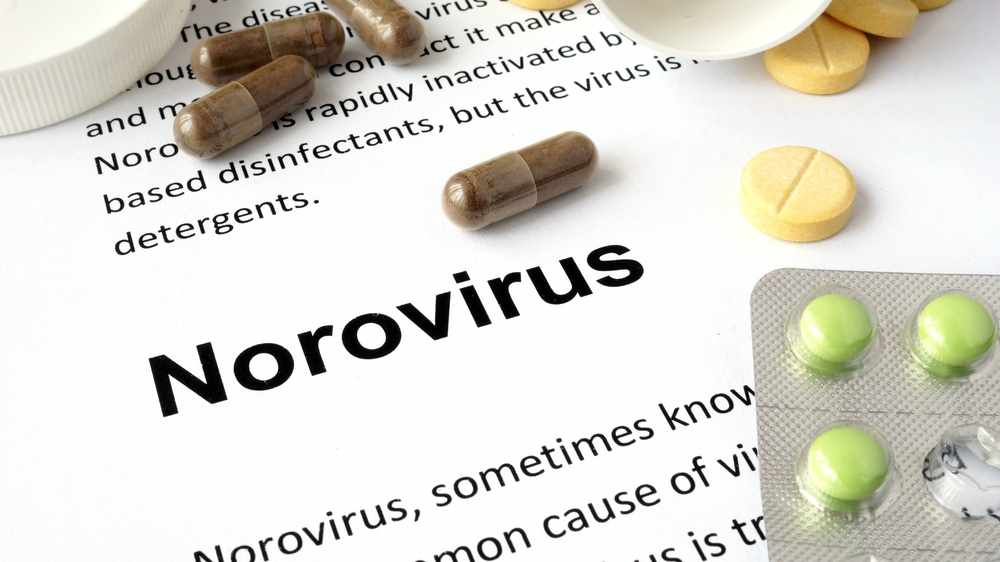Diagnosis
Norovirus infection is usually diagnosed based on your symptoms, but noroviruses can be identified from a stool sample. If you have a weakened immune system or have other medical conditions, your health care provider might recommend a stool test to confirm the presence of norovirus.
Treatment
There's no specific treatment for norovirus infection. Recovery generally depends on the health of your immune system. In most people, the illness usually resolves within a few days.
It's important to replace lost fluids. Oral rehydration solutions may be used. If you're not able to drink enough fluids to prevent dehydration, you might need to receive fluids through a vein (intravenous).
Your health care provider might recommend over-the-counter anti-diarrheal medication and medication to reduce nausea.
Self care
If your family includes young children, it's a good idea to have commercially prepared oral rehydration solutions on hand. Adults can drink sports drinks, broths or oral rehydration solutions. Drinking liquids that contain a lot of sugar, such as soft drinks and some fruit juices, can worsen diarrhea. Avoid beverages with caffeine and alcohol.
Ease back into eating. Try to eat small amounts of food frequently if you experience nausea. Otherwise, gradually begin to eat bland, easy-to-digest foods, such as soda crackers, toast, gelatin, bananas, applesauce, rice and chicken. Stop eating if your nausea returns. Avoid milk and dairy products, caffeine, alcohol, nicotine, and fatty or highly seasoned foods for a few days.
Remember that norovirus infection is highly contagious. Avoid contact with others as much as possible during illness and for several days after recovery. Wash your hands and disinfect surfaces and objects. Do not prepare food for others until your symptoms are gone.
Preparing for your appointment
Here's some information to help you get ready for your appointment.
What you can do
Before your appointment:
- Write down your symptoms, including when the illness began and the frequency of the vomiting and diarrhea.
- Make a list of all your medications, vitamins or supplements, and their doses.
- Make a list of your key medical information, including other health conditions.
- Make a list of key personal information, including any recent changes or stressors in your life.
- Write down questions to ask your health care provider.
Questions to ask your doctor
- What's the most likely cause of my symptoms?
- What treatments can help?
- How can I avoid spreading my illness to other people?
Don't hesitate to ask other questions.
What to expect from your doctor
Your health care provider is likely to ask you a number of questions, including:
- How long have you or your child had symptoms?
- How frequent are the vomiting and diarrhea?
- Does the vomit or diarrhea contain mucus, blood or a dark green fluid?
- Have you or your child had a fever?
Your health care provider will ask additional questions based on your responses, symptoms and needs. Preparing and anticipating questions will help you make the most of your appointment time.

